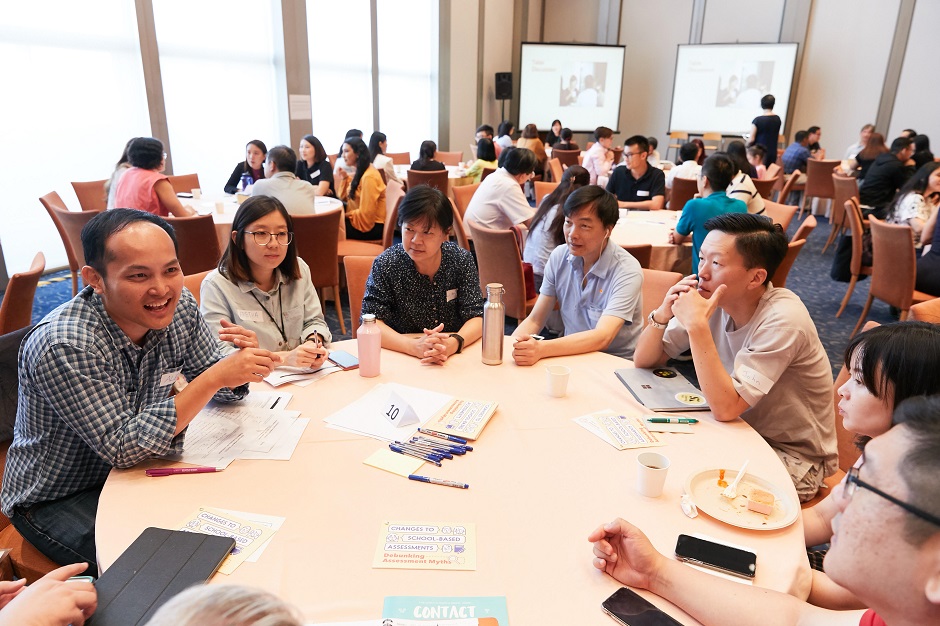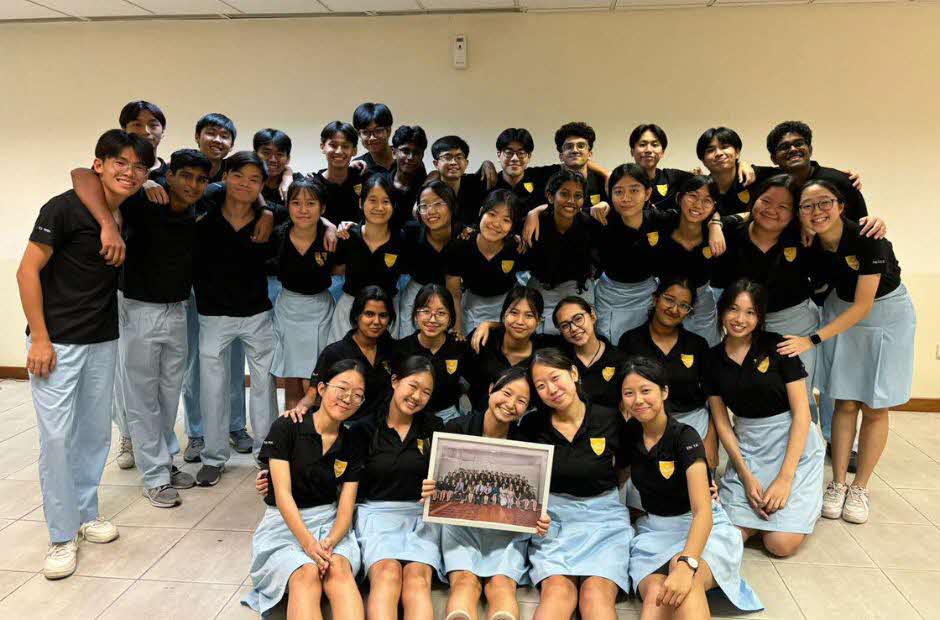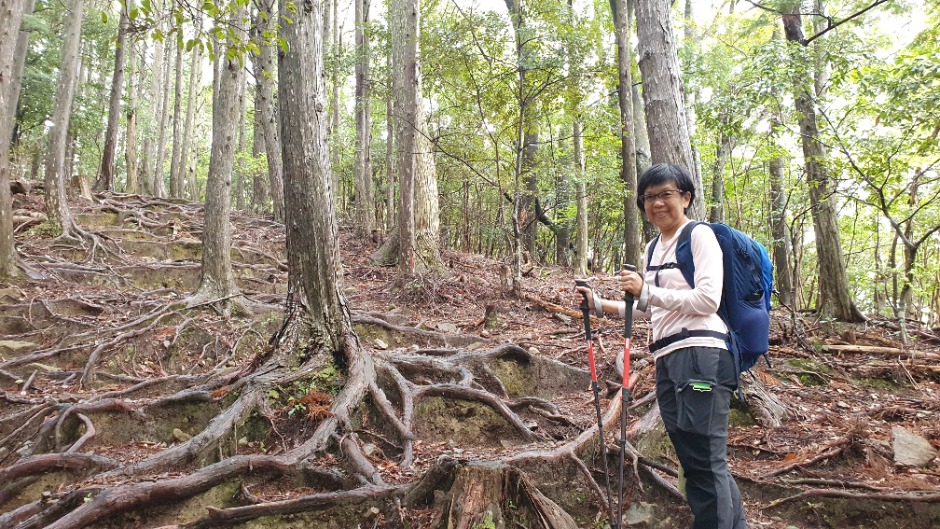“Historical education achieves a number of goals at once: it trains the mind, enlarges the sympathies, and provides a much-needed historical perspective on some of the most pressing problems of our time.” – John Tosh, The Pursuit of History, 1991
What is the value of studying History for my child?
To study History is to embark on a pursuit that yields at least three benefits for the child at the end of an exciting journey. History is not a passive affair that involves simply memorising dates, places, events and dead people.
1. Benefit of knowledge
The world we live in contains troves of knowledge that curious explorers can unearth with an inquiring mind. Studying History offers students valuable insights into how the world we live in came to be. Through analysing sources and artefacts from the past, students learn to embrace our diverse world as they discover how past societies functioned and why people might have behaved the way they did at different points in time. History is also a bridge to appreciating the inter-connected world we live in today. For example, examining the histories of the USA, China, Korea and Germany within the context of global developments in the 20th century offers students insights into how global forces have influenced changes in Singapore and the region. Without needing to remember all the historical facts they learnt about, students will gain a better understanding of why things happened in the past, how past events shape the present, and even anticipate what might take place in the future.
2. Benefit of a disciplined and critical mind
The ability to sift through competing sources of information is particularly critical in this age where different media frequently bombard us with conflicting reports of an event. Studying History trains students to develop an inquiring mind by asking probing questions about the past, equipping them to analyse evidence discerningly so that they can distinguish fact from opinion, think critically about where and how information is obtained, and distinguish between the different interpretations of the past that exist. Students also hone the ability to construct their own interpretations of the past, and put forth cohesive and well-substantiated arguments based on evidence. In this manner, students cultivate their minds and refrain from accepting information unquestioningly.
3. Benefit of operating in a complex world
In this volatile, uncertain, complex and ambiguous (VUCA) world, the study of History prepares students for productive living and equips students to thrive both in their careers and lives. As History emphasises respect for evidence and diverse perspectives, students of History learn to be more tolerant of diverse and conflicting opinions. History also develops students’ empathy for the people around them by examining how different experiences, cultural beliefs and worldviews have shaped the actions of individuals and groups. This puts them in good stead to work with people from diverse backgrounds.
How does studying History help my child in his/ her future aspirations?
The knowledge, skills and dispositions that History develops in students will allow them to engage in a range of professions beyond academia and education. This includes, among others, diplomacy and foreign relations, public policy, legal services, journalism, community and social services, entertainment, media and technology, as well as business and management. These occupations all require individuals who can analyse issues, apply their understanding of human behaviour and interactions, appreciate diverse perspectives and opinions and discern the appropriate actions to take.
Should my child offer Full or Elective History? What is the difference?
The main difference between Elective and Full History is that the former focuses on the study of 20th century history while the latter involves the study of both 20th century history and Southeast Asian history, from the colonial period to independence (1870s to 1975). If your child has a strong interest in History, then he or she should pursue it as a full subject where they can acquire a broader understanding of the interconnections between Southeast Asia and the global world, and gain deeper insights into how these impacted Singapore.
If my child is interested in History, what can I do to help?
You can nurture your child’s interest through a variety of ways. You can start by discussing current affairs happening locally and overseas. As these conversations develop, you could encourage your child to read up about the historical developments that contributed to these current-day issues. You can also probe deeper and encourage your child to question whether these articles can be believed, and whether they can be backed up by evidence. Such meal-time conversations will go a long way in developing his or her ability to think critically and be more discerning of what they read online. In addition, your child and you could visit museums and historical sites both locally and when overseas to explore the similarities and differences in the history among different countries.
Before you advise your Secondary 2 child, take time to also find out about the other Humanities subjects – Geography, Literature and Social Studies.






